What are the 8 key steps in buying a property?
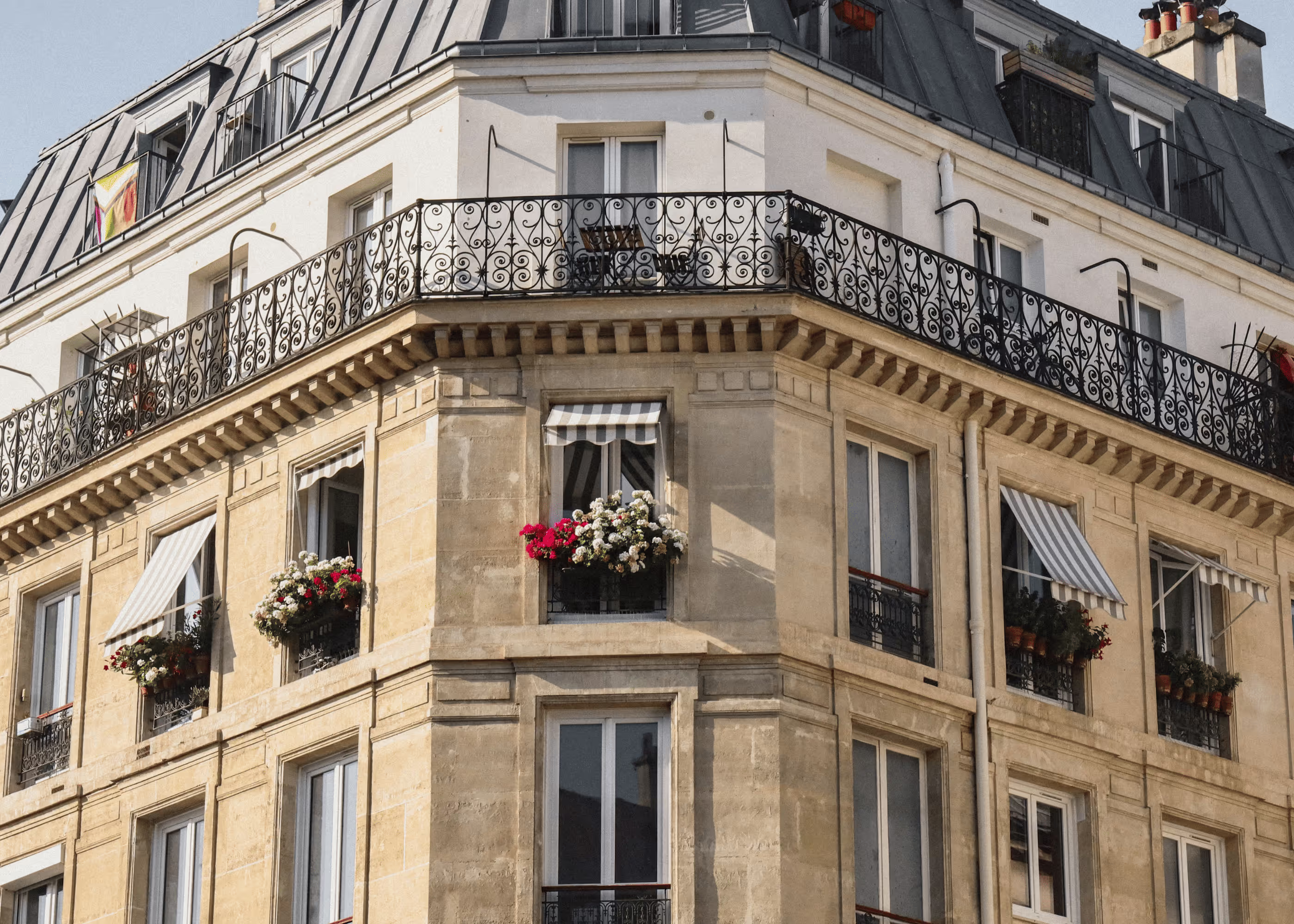
Buying a property can seem like a long and daunting process at first. But with the right guidance from experts, a bit of knowledge, and good organisation, one can ensure each step of the home-buying journey is a smooth – and even an enjoyable – experience, even if it’s your first time. In this article, we’ll walk you through the key stages of buying a property, from outlining your project all the way to signing the final deed of sale and planning renovation works. Let’s jump in!
Define your real estate project and assess your borrowing capacity
"61% of renters see homeownership as a long-term goal."
Procivis' 2024 Barometer
Are you a first-time buyer preparing to purchase your first home? Or a homeowner looking to invest in a rental property? Or perhaps your family is growing and you’re planning to sell your current home to buy a bigger place?
No matter your situation, buying a house or an apartment is a major life decision – one that can have a lasting impact on your well-being and lifestyle for years to come. That’s why it’s essential to follow a clear and thoughtful approach to avoid any stress or regret after you’ve made your move.
To help you write the next chapter of your life with confidence, we’ve put together this article full of practical advice to guide you through the process and help you find that perfect place to call home.

To get started, it’s important to clearly define your project by answering the following two questions as precisely as possible:
- What do you need in terms of financing?
- What are your search criteria?
You can turn to your bank, mortgage broker, or real estate agency to assess your borrowing capacity and thus calculate your real estate budget. Their role is to understand your project and run several simulations to offer you financing options tailored to your profile (income, savings, professional activity, etc.).
The Banque de France forbids individuals from exceeding a debt-to-income ratio of 35%, including insurance. To increase your borrowing capacity, you may consider paying off existing loans (student loans, consumer credit, etc.).
Get in touch with Maison Kyka to connect with a property acquisition manager suited to your project. Whether you are single, part of a big family, an expat, or a foreigner looking to acquire property in France, we invite you to complete our quick simulation and schedule an appointment with our team to discuss your project.
“Despite my lack of availability and experience in this field, Maison Kyka made the purchase of my main residence in the 15th arrondissement a smooth and enjoyable experience. I highly recommend their services.”
Nans R.
Hunting for the property of your dreams
This is probably the most time-consuming stage of the project. Three strategies are available to find the property of your dreams:
- Create a long list of criteria and hope that the ideal house or apartment is on the market.
- Outline a few criteria in order to find a property you like relatively quickly.
- Buy a property and carry out renovations to create a home that reflects your personality and add value for an eventual resale (our specialty and the most profitable solution).
Here are some questions you can ask yourself to outline the criteria for your property search:
- Where do you want to buy your property?
- What size are you looking for?
- Are you searching for a specific type of property? (e.g., Canut apartment, attic apartment, Bordeaux échoppe house, etc.)
- How important are natural light and quiet to you?
- For an apartment: which floor would you like to live on? With or without an elevator?
- For a house: multiple floors? A garden or terrace? Solar panels?
- What is the minimum energy performance rating you would be looking for?
- Do you need a parking space or a bike storage area?
- Do you need a cellar?
If you find it difficult to provide accurate answers, don’t worry! You’ll be able to refine your criteria by browsing listings and discussing the project with your loved ones.
Once your criteria have been identified, the hunt is on! You should use all the tools at your disposal to find properties that match your vision: online listings (e.g., SeLoger, Leboncoin, etc.), word of mouth, real estate agencies, etc.
Browsing and sorting listings can be a tedious process, especially if your criteria are quite broad. To help you find a house or apartment that truly meets your expectations, you can sign a property search mandate with a professional buyer’s agent who is trained and supported by a network of partners.
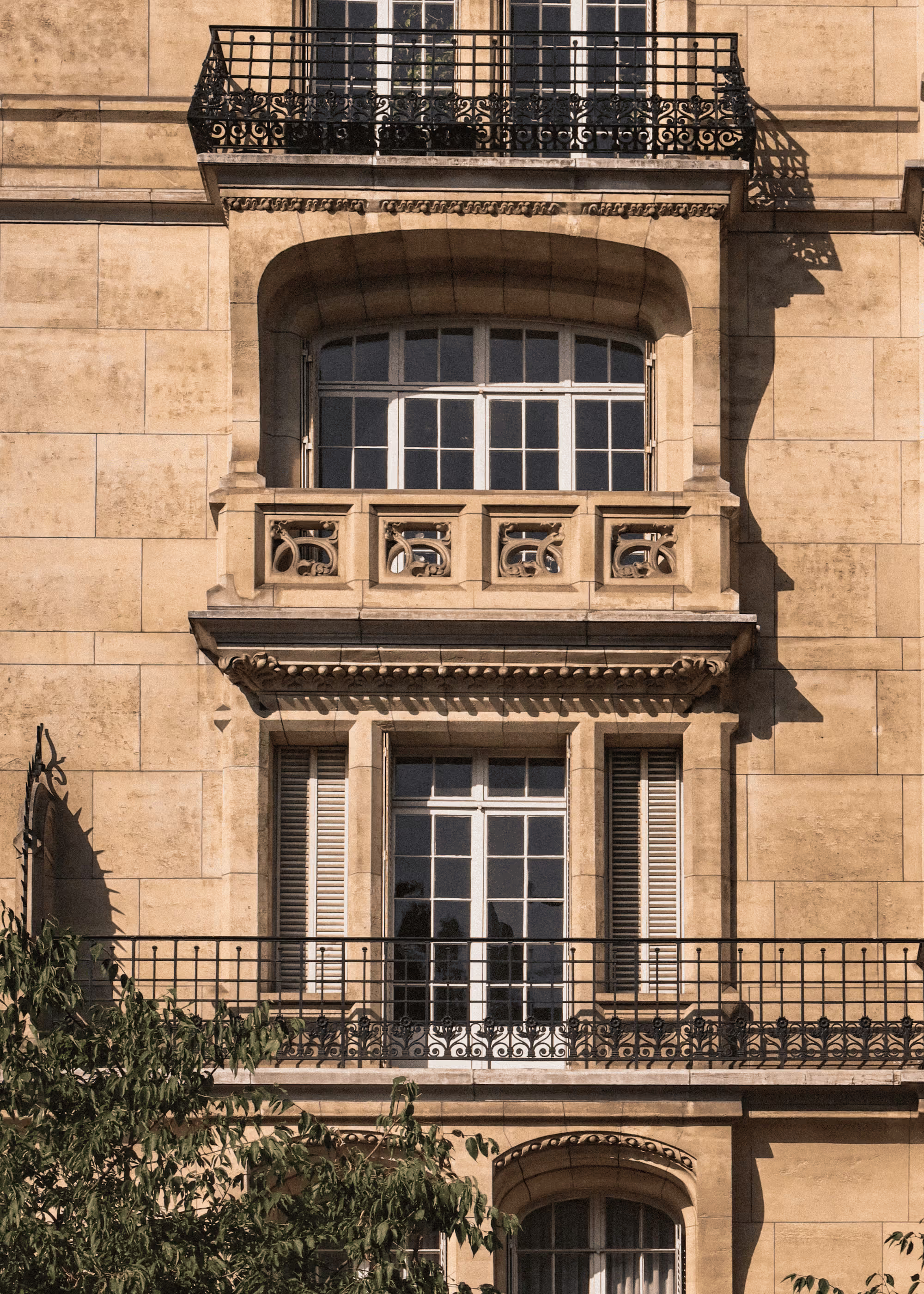
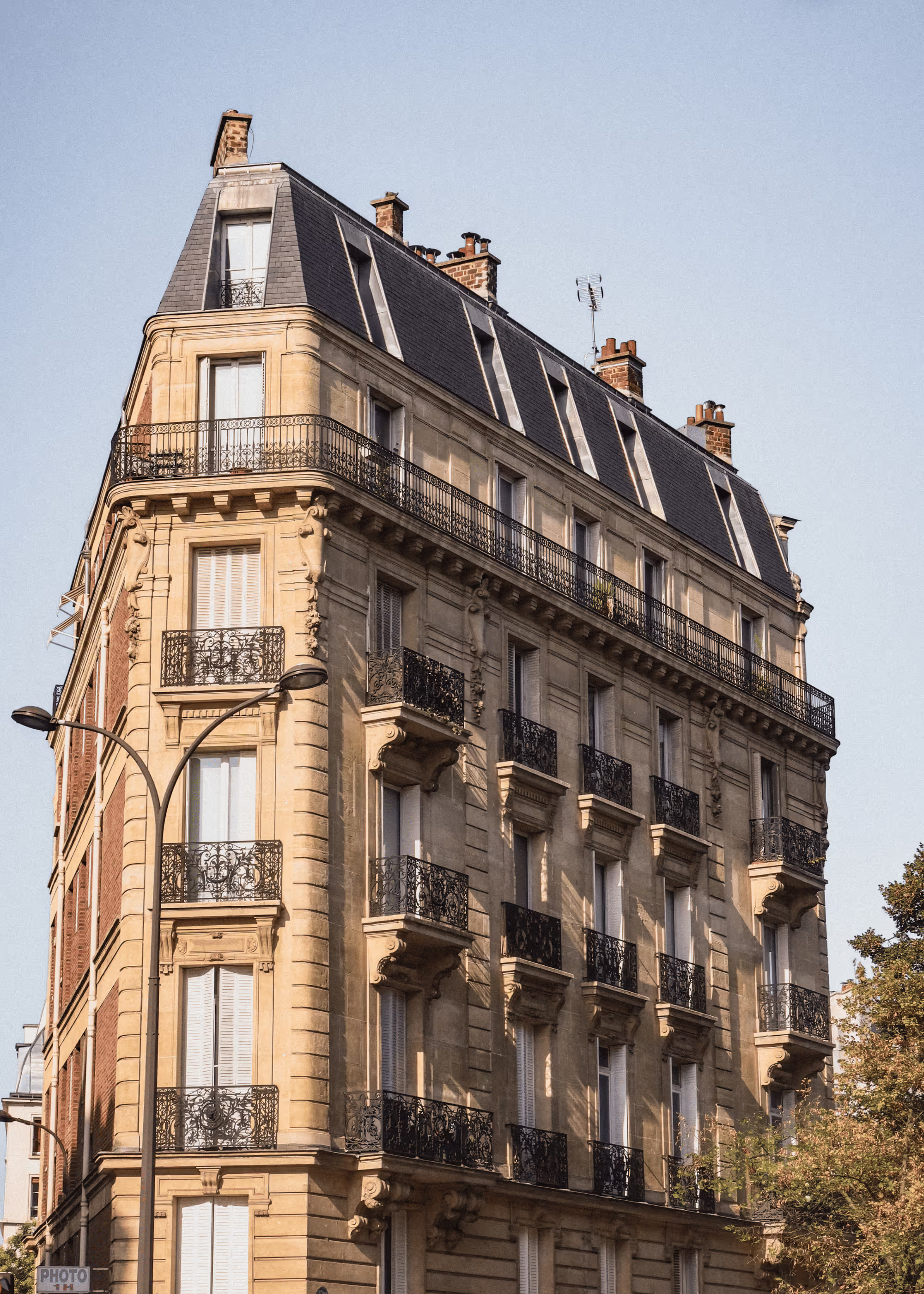
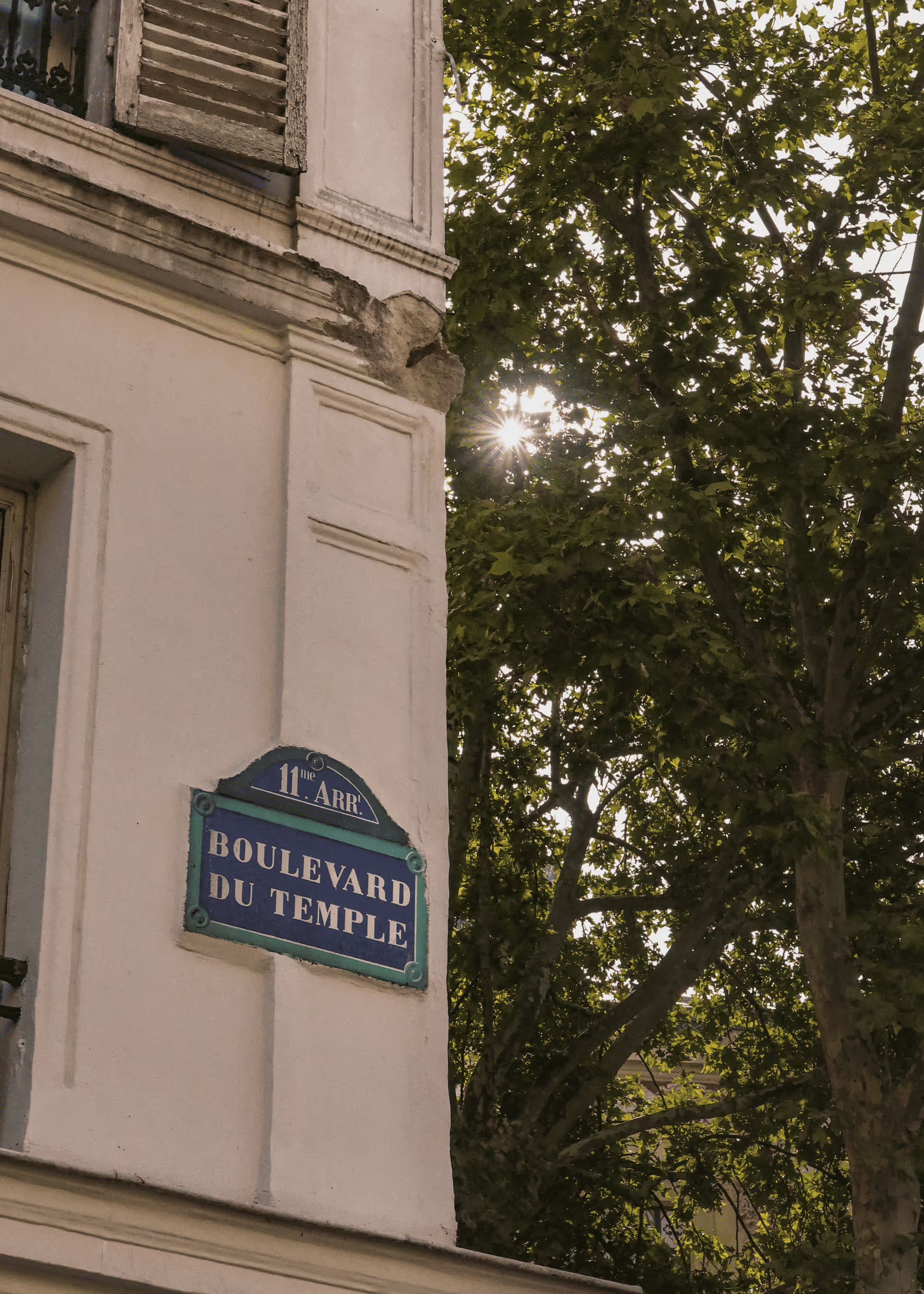
With Maison Kyka, you benefit from bespoke support throughout your entire project. We provide dedicated tools to help you find and purchase a property at the right price. And thanks to our network of real estate professionals, we have access to exclusive opportunities before they reach the market.
“We called upon Maison Kyka for our real estate purchase! We are absolutely thrilled with the result, our apartment is perfect. Céline and Anton provided excellent support, always attentive and highly responsive. And a real plus: the deadlines were met to the exact day! We highly recommend them!”
Jeanne Sergent
Visiting multiple properties
Did you spot a property that caught your eye? You should arrange a viewing as soon as possible because other potential buyers are likely interested as well.
However, to avoid unnecessary viewings, take the time to carefully analyse the listing in details. For instance, photos can sometimes reveal inconvenient aspects related to lighting, sound or thermal insulation, the general condition of the floors or walls, and more.
Make sure to compare the price per square meter of the property with nearby homes. To do this, you can use the “Demande de valeur foncière” service provided by the DGFiP (Direction générale des Finances Publiques – French Public Finance Directorate) or consult with a real estate specialist like Maison Kyka.
Here are some questions you can ask during a viewing:
- When was the building constructed?
- Is the heating gas or electric? Is it an individual or collective heating system?
- How many radiators are there? Do they all work properly?
- Have all the mandatory property inspections been carried out? (e.g., termite diagnosis, state of risks and pollution, etc.)
- Is the electrical installation up to standard?
- Are the windows double-glazed?
- What is the apartment’s energy performance rating (DPE)?
- If you carry out the house tour late in the day, inquire about the apartment’s sun exposure at different times.
- Are the neighbors owners or tenants?
- What are the condominium fees and rules? Have there been any issues in the past?
- How much is the property tax (and other local taxes)?
- How many people have already visited the apartment?
On top of the questions you can ask the owner, take some time to carry out a few checks yourself. For instance, pay close attention to noise coming from outside (with windows closed and open) or from common areas. Look for the presence (or absence) of a ventilation system, signs of dampness, drafts, and so on. Prepare a checklist before your viewing to help you remember everything and keep track during your visit.
Keep in mind that the owner is taking the time to open their doors and show you around their home. Keep things polite and diplomatic to ensure the tour doesn’t feel like an interrogation. Indeed, to maximise your chances of securing the sale, it’s in your best interest to leave a positive impression on the seller.
If you’re interested in a house rather than an apartment, most of the questions listed above still apply. That said, here are a few additional questions worth asking when viewing a house:
- How is the house heated (oil boiler, heat pump, etc.)? Does the heating system work properly?
- What shops and amenities are nearby?
- Is there any asbestos in the house?
- Is the house located in an area with a risk of flooding?
- How is the house connected to the water supply network? How is wastewater managed?
- Can you schedule a second viewing before purchasing the house?
- Does the local urban plan allow for renovation or extension works?
- What is the condition of the roof and attic?
- If applicable: Is the roof structure strong enough to support solar panels?
Once again, prepare a checklist before visiting the house and take the time to carry out a few checks yourself. For instance, assess the overall condition of the exterior walls and the garden to determine whether renovation works might be needed in the short or medium term.
Whether you're touring an apartment or a house, try to get there early so you have time to walk around the neighbourhood. It's important that you feel as comfortable with the area as you do with the property itself. This is especially important if you're considering a district or town you’re not yet familiar with.
Finally, even if the first or second property you tour catches your eye, take the time to see several more homes before submitting an offer. This will give you a better sense of the overall quality of properties currently on the market. If possible, go on a house tour with someone else as having another perspective can be helpful, and two people asking questions often gather more information than one.
"On average, buyers tour 6 properties before closing a deal."
Crédit Foncier study

Submitting a purchase offer
You’ve made your decision, you’ve found the gem you were looking for and you’re ready to buy.
That’s when the “serious business” begins. To commit to the purchasing process, you must first formally notify the seller of your intention.
A purchase offer is a written document that must at least include the following elements:
- A description of the property in question,
- The price you are offering to buy the property from the seller,
- The date of the purchase offer,
- The deadline to accept the offer or make a counteroffer (usually 1 to 2 weeks).
It is now up to you to decide the amount you are willing to pay to acquire the property. Other people have likely toured the home, and the seller has probably shown it to each interested party individually. Except in exceptional cases, you can’t know how many offers have been made or at what price.
To maximise your chances of securing the sale, you can match the asking price set by the seller. Of course, negotiating the sale price of a property is common in real estate (especially for older properties), but it is inherently a riskier strategy. This means you need to have valid reasons to negotiate the sale price. When you partner with Maison Kyka, our advisors support you at every step of the negotiation process.
To convince the seller of your interest, it can be helpful to supplement your purchase offer with:
- A letter explaining why you are genuinely interested in the property,
- A financing simulation,
- A financing certificate: this document, signed by your bank or broker, confirms the credibility of your financing plan.
To show the seller that you are a serious buyer, you can specify the desired move-in date, the type of renovations you plan to carry out, and the amount of the deposit given to the notary upon signing the preliminary sales agreement or sale commitment (see below).
Finally, you can send your purchase offer by email or by registered mail with acknowledgment of receipt. It can be addressed to the real estate agent handling the sale or directly to the owner.
To increase your chances of acquiring the property of your dreams, it’s always best to rely on experts. At Maison Kyka, we are committed to providing our clients with the best possible experience. Having successfully completed numerous purchase, renovation, and decoration projects, we understand how important it is to be well-supported, and how much it’s all worth it in the end! Get started with a simulation, tell us about your project, and make the most of our experts’ sharp and insightful advice.
“Maison Kyka offers an incredible experience with an amazing team! I am the proud owner of a property that was sourced and renovated by Maison Kyka. A first purchase can be tricky and intimidating, so having professional support was a real blessing.”
Jordan Lorho
Signing a preliminary sales agreement or a sale commitment
If the seller favors you, two options are available: signing a preliminary sales agreement or a sales contract.
In theory, the preliminary sales agreement is a unilateral contract (only one party is committed), while the sale commitment is a bilateral contract (both parties are committed). In practice, both contracts have similar effects: they are preliminary agreements that outline the conditions to be met for the sale to be finalised.
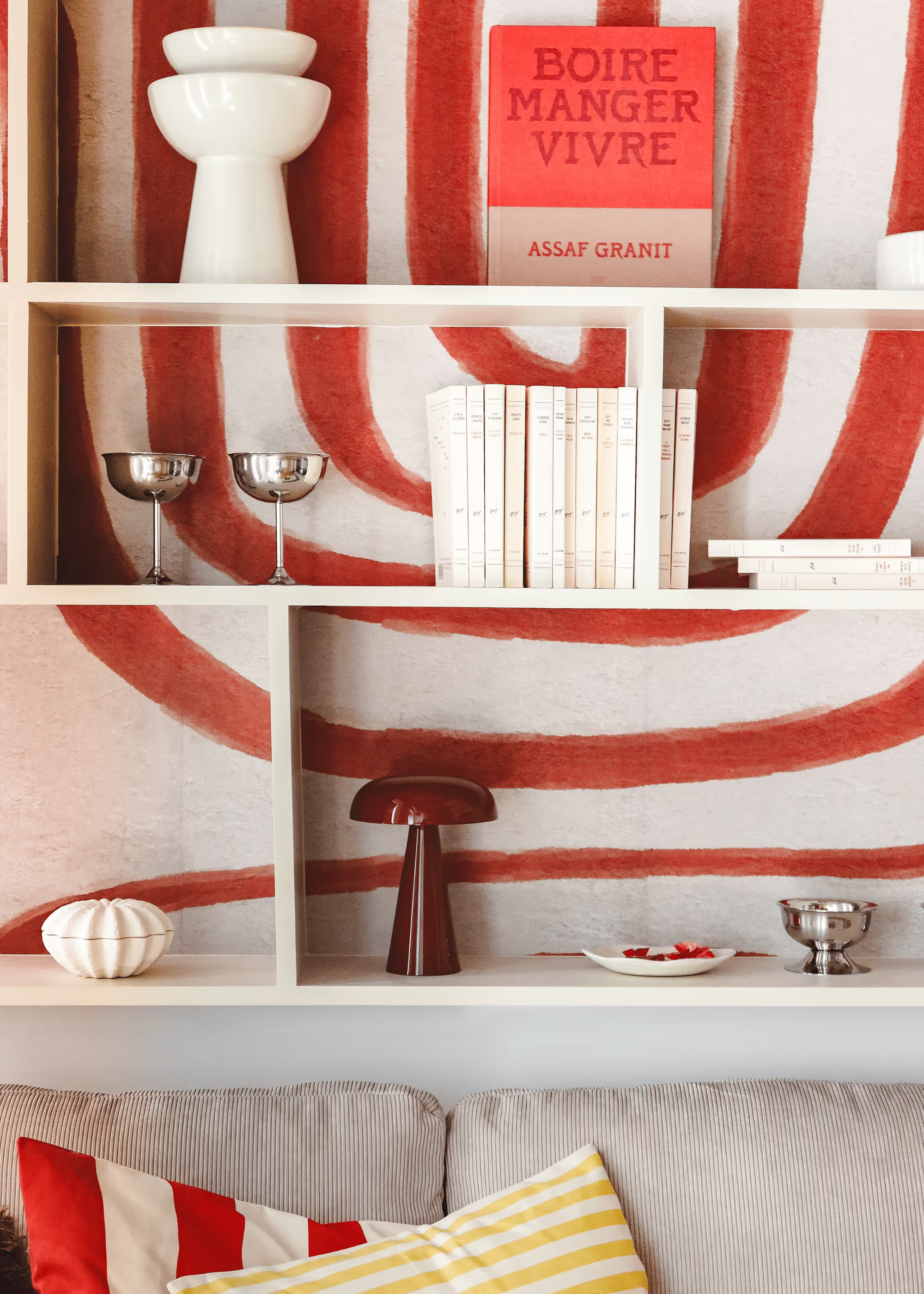

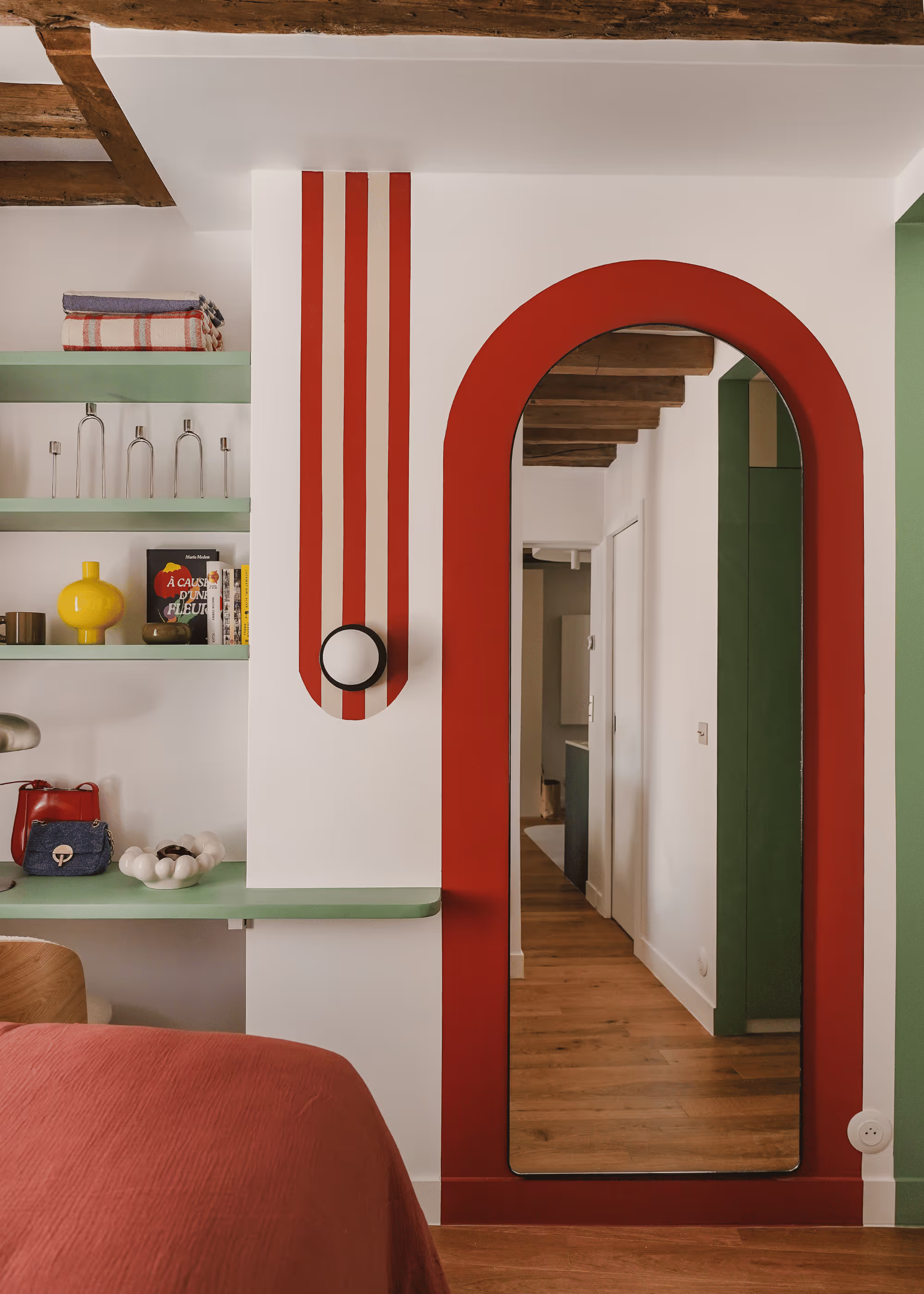
For example, a preliminary sales agreement must include:
- The address of the property in question and the date when it becomes available,
- The sale price and the method of financing,
- The history of the property (previous owner, date of the last sale, etc.),
- A description of the property (floor plans, if available),
- For an apartment: the condominium rules, the amount of current charges, the minutes of general meetings from the past three years, etc,
- The validity period of the preliminary sales agreement,
- The suspensive conditions (including the buyer’s right of withdrawal within 10 days),
- The amount of fees that the buyer and/or seller must pay to the real estate professional(s) handling the sale.
In both cases, the buyer shall make a security deposit into an escrow account (usually equivalent to 10% of the sale price, excluding notary fees) to seal their commitment. The seller agrees to grant exclusivity on the purchase of the property for a period of 2 to 3 months.
The seller does not receive the deposit until the sale process is complete, as the escrow account is managed by the notary or the real estate agent.
From the day after signing the promise to sell or the preliminary sales agreement, only the buyer has a 10-day withdrawal right. Beyond this period, the buyer can only withdraw from the sale by meeting specific suspensive conditions, related to obtaining or not a mortgage loan or a building permit.
If either party ultimately backs out of the sale for reasons unrelated to these suspensive conditions, the other party may seek compensation. For instance, the seller may keep the deposit. If it’s the seller that wishes to withdraw, the buyer may claim damages or request the forced sale of the property (in accordance with the Article 1124, paragraph 2 of the French Civil Code).
In any real estate transaction, it is common for both parties to be represented by a notary. Usually, the buyer is the one choosing which notary will draft the preliminary sales agreement and, if applicable, any amendments.
If you go through a notary, they will likely advise you to sign a unilateral sale commitment. This is an official deed that involves registration with the tax authorities (at a cost of €125).
Obtaining a mortgage loan
Once the sale commitment or the preliminary sales agreement is signed, you have 2 months to secure a mortgage loan. For this, you can get in touch your bank or go through a broker to find a mortgage with favourable conditions and a competitive rate.
According to the law, obtaining a loan is a mandatory suspensive condition of a preliminary sales agreement. Thus, if you do not secure your mortgage within the allotted time, the sale will be cancelled and any amounts paid refunded.
To apply for a mortgage loan or a bridging loan, you must provide a set of documents relating to:
- Your personal situation: ID, family status, proof of address, etc.
- Your income: last three pay slips, last two tax assessments, etc.
- Your financial situation: last three bank statements, savings account statement, sales mandate for the property (in case of a bridging loan), etc.
- Your real estate project: signed preliminary sales agreement, renovation work estimates for the apartment, construction project estimates for a house, etc.
It is highly recommended to prepare your financing application at the very start of your real estate project to avoid being caught off guard once the preliminary sales agreement is signed. A broker can assist you in drafting up your file and highlighting your strengths to secure favourable loan conditions. The more complete your application is, the easier it will be to convince the bank to grant you a loan.
Although not mandatory, it is highly recommended to support your financing application with a personal contribution (or “down payment”). This is the amount of private funds you are willing to invest to purchase the property. Generally, this amount is roughly equal to the notary fees.
Did you receive an attractive loan offer?
Eleven days after receiving the financing offer (i.e., once the bank’s withdrawal period has expired), you should signed it and send it back to the bank. Beware: if you return the signed offer more than 30 days after receiving it, the bank may refuse to grant you the mortgage loan because the offer’s validity period may have expired.
Finally, expect a delay of about two weeks between accepting the loan offer and the funds being released.
When you work with Maison Kyka, you can be sure we do everything possible to help you secure a loan as quickly as possible and with the best conditions. Schedule an appointment with our team to learn more about the support we can offer.
“I fully recommend the Maison Kyka experience. They relieved me of the mental load because they managed absolutely everything and the team was highly receptive to my needs and requests, so it made the whole process very smooth. A big thank you to Maison Kyka! ”
Perrine Jouve
Signing the deed of sale
The sale of a property is formalised through a deed of sale, which is an authentic document drafted by a notary. This step usually occurs 2 to 3 months after signing the sale commitment or the preliminary sales agreement.
About one month before the signing date, the seller must present you with a draft of the final deed of sale, prepared by a notary. This gives you a bit of time to request edits, if necessary.
A few hours before your appointment with the notary, we advise you to view the apartment or house once more to take meter readings, ensure no issues have come up since your last visit (e.g., water leaks), check that all rooms are empty, and confirm that any furniture agreed to be left behind is still there.
If you notice any damage or a claimable incident, the seller must inform their insurance provider before signing the deed of sale.
At the notary’s office, the deed of sale is read aloud to both parties before signing. Then, the buyer pays the purchase price and notary fees, and the seller hands over the keys to the property.
Finally, the notary provides you with a certificate of ownership, which allows you to subscribe to a home insurance policy as well as any other utilities (water, electricity, gas) for your new home.
However, the certificate of ownership is not the official title deed. First, the notary must carry out the registration and publication of the final deed of sale:
- To register the sale of the property, the notary sends the deed of sale to the tax authorities, who return a stamped version of the document.
- To publish the sale of the property, the notary contacts the relevant Land Registry office to complete the required property registration formalities.
The stamped copy of the deed of sale from the tax authorities serves as proof of ownership. Typically, it takes about six more months to receive the official title deed.
Renovating first or moving into your new home straight away
Congratulations! You now know how to become the proud owner of a property.
What happens next depends on your specific project and the condition of the property you purchased.

If you have purchased the property to become your main residence, all that’s left is to move in and, if applicable, rent out your previous home.
However, if you bought a property that requires renovation work, your real estate project isn’t over yet. Choosing a turnkey renovation solution can be a smart strategy, but the reliability and professionalism of the provider you hire will be critical to the success of your project.
Ensuring the renovation works are carried out efficiently and smoothly is key if you want to increase your property’s value and make a profit when you end up reselling it down the line.
At Maison Kyka, we support those who are looking to purchase properties in need of renovation. Our goal is to provide them with a home that perfectly suits their needs and increases in value after the works. Thanks to our in-house team of architects, we can design and decorate your home according to your functional requirements and design preferences.
We are committed to providing you with the best possible experience at every step of your real estate project:
- Property hunting: searching for properties that meet your criteria and negotiations to purchase.
- Architectural design: delivery of a property that perfectly matches your expectations, within the shortest possible timeframe.
- Renovation management: our renovation project managers coordinate and oversee the works on a daily basis.
- Custom furniture and carpentry: our teams source the most suitable furniture for each project, handle orders, and assemble the pieces you selected during the design phase.
- Sale: we are in a great position to sell the properties we have renovated and know their market value. Our teams take care of everything: photos, viewings, listings, and more.
Looking to buy a property? Run a simulation and get in touch with one of our experts.

